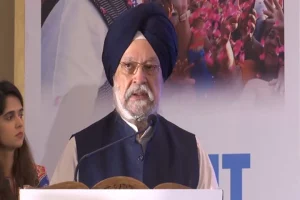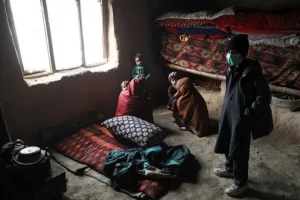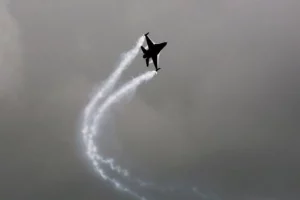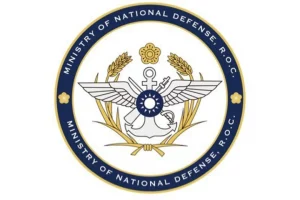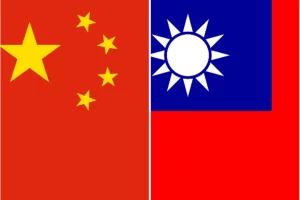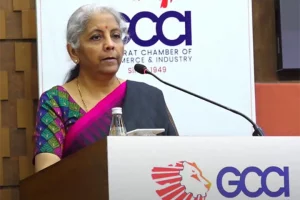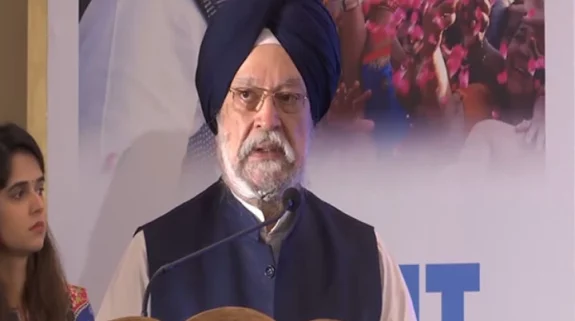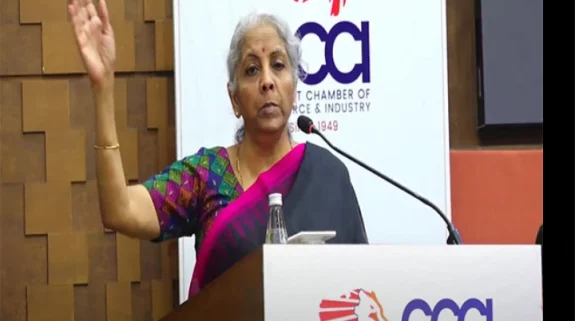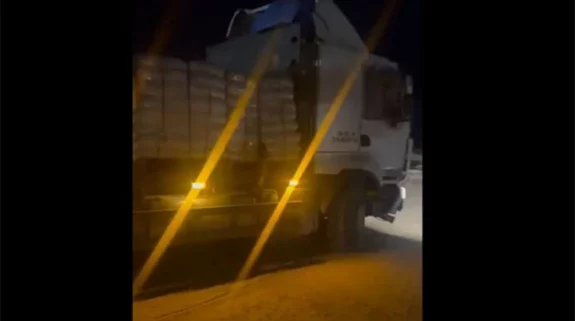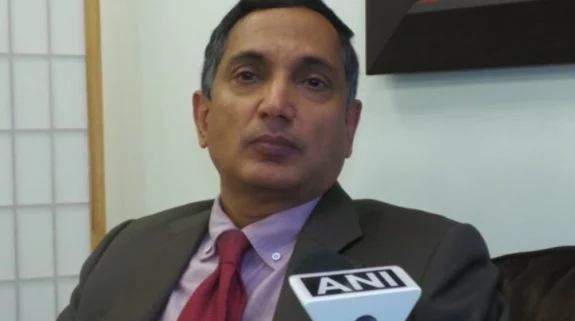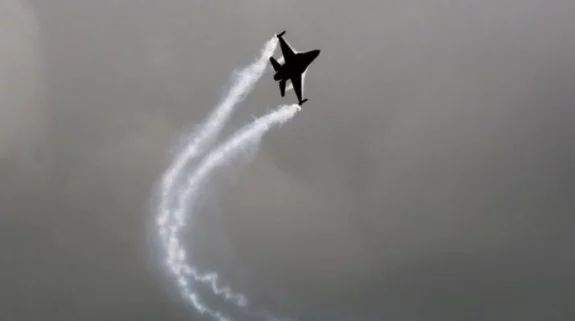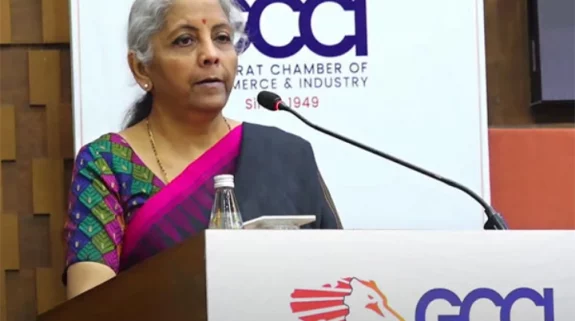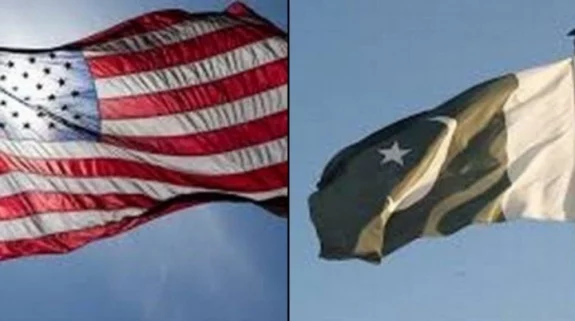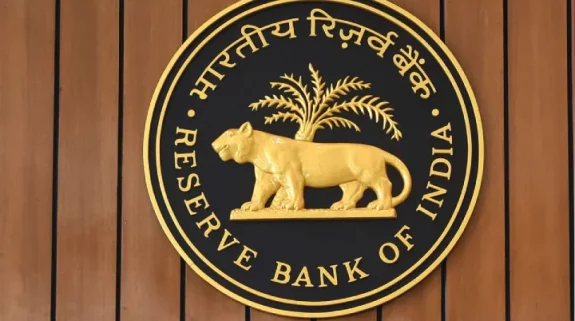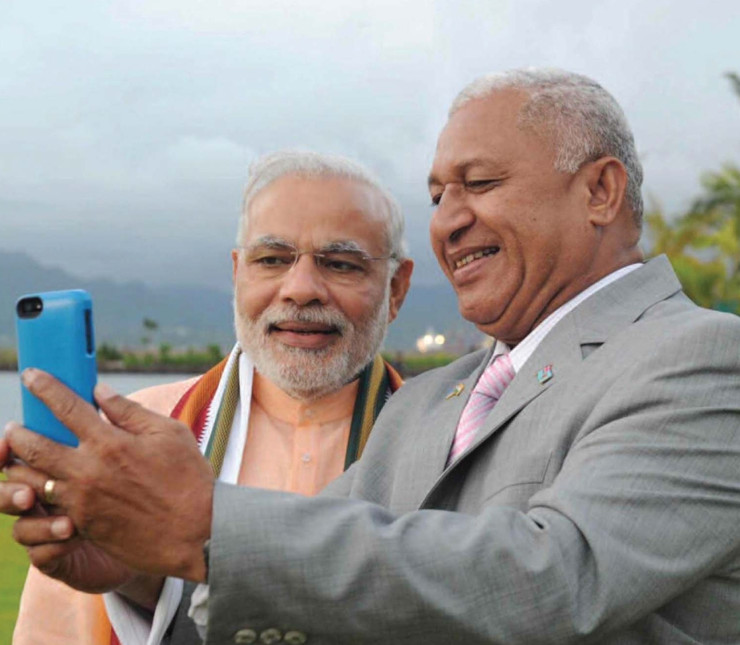
A file photo of PM Narendra Modi with his Fijian counterpart Frank Bainimarama (Image courtesy: PIB)
As a reluctant power, India has been pitchforked right into the middle of the Indo-Pacific power play as nations battle it out over trade, the origins of the coronavirus, human rights violations, keeping shipping routes open and attracting friendly countries into their sphere of influence.
With power equations changing fast, India has realised that it will have to take bigger responsibility in global affairs. And, it will have to make a quick beginning by taking charge of the smaller island nations scattered across the Indian Ocean. With a proactive foreign policy under Prime Minister Narendra Modi, India has upped its engagement with countries in the Indian Ocean, keen on bringing development and growth to them.

Defence Minister Rajnath Singh meets Madagascar Defence Minister Lt. Gen. Rokotonirina (Photo: IANS)
Earlier this week, Indian Ambassador Abhay Kumar met Madagascar Defence Minister General Leon Jean Richard Rakotonirina and discussed ways to enhance defence cooperation between the two nations. The Indian embassy in Madagascar tweeted: "Ambassador Abhay Kumar met Major General Leon Jean Richard Rakotonirina, Defence Minister of Madagascar today. They discussed issues of mutual interest".
The meeting follows the discussions that Defence Minister Rajnath Singh had with Rakotonirina in Bengaluru in February 2021on the sidelines of the Indian Ocean Region (IOR) Defence Minister's conclave–a meet to promote peace, stability and prosperity in the IOR.
Madagascar, that lies in western Indian Ocean, enjoys good relations with India. Ties between the two countries have been on an upswing since President Ramnath Kovind's visit to the island nation in 2018. As per its SAGAR Initiative–Security And Growth for All in the Region, India is providing humanitarian aid as well as medical support to the country in times of natural disasters and recently during the Covid spread.
The east African island nation has been instrumental in bringing India as an observer in the Indian Ocean Commission (IOC) group–the Comoros, Madagascar, Mauritius, Réunion (a French territory), and Seychelles. A powerful group that punches above its weight in the diplomatic sphere, the regional grouping is strong on maritime security issues–a concern which is high on India's agenda.
By engaging with some of these islands, India will be able to increase its naval presence and provide a security umbrella to nations in the Indian Ocean.
To that extent, President Ram Nath Kovind's visit too was significant. In a bid to engage with the strategically significant countries, the President visited Djibouti and Ethiopia in the first week of October. He was the first Indian leader to visit Djibouti – strategically located off the Gulf of Aden.
Closer home, India had a tougher time with Sri Lanka and Maldives where relations have been dictated by the elephant in the room–China. Both the nations, part of South Asia and literally a stone's throw away from the south Indian coastline have posed challenges to the Indian foreign policy despite common culture and heritage.
India's relations with both the nations have swung from one extreme to the other mirroring changes in their governments. However, India has met with success in ensuring that Maldivian Foreign Minister Abdulla Shahid gets elected as the President of the UN General Assembly that begins this September. It is an important victory where India can pat itself on the back as the UNGA President carries heft and can push things through the bureaucratic maze that the UN system is.
Fortunately for India, the current regime in Male is well disposed towards India and Prime Minister Modi. Maldivian President Mohamed Solih and, the current Speaker and former president Mohamed Nasheed are close to India. Both have studiously and openly kept China at bay since assuming power in 2018.
On the other hand, Chinese money and the grand dreams that Beijing built for Colombo's rulers have played a major role in creating distance between the two South Asian neighbours. Sri Lanka's Hambantota port dreams have collapsed, leaving behind a mountain of debt for Sri Lanka and a pile of profit for Chinese companies but Colombo has made peace. It has once again opted for another grandiose project–the Colombo Port City (CPC)–that the Chinese have once again said will bring in the monies for Colombo.
Even as Sri Lanka is solidly with China, it continues to engage with New Delhi as India remains a first responder in a crisis. Indian help with the fire on Xpress Pearl cargo ship, close to the Colombo port, is a fine example of the pivotal role India played, and will play in the future, in the region.
At the far end of the vast Indo-Pacific region, India has strengthened its ties with Fiji, a country with a considerable Indian population. A major breakthrough in relations happened with Modi's visit to Suva in November 2014.
The visit was significant as Modi addressed the leaders of the 12 Pacific Ocean countries, made possible by Fijian Prime Minister Frank Bainimarama. The Indian Prime Minister also addressed the sizeable Indian diaspora in the island nation. China was reaching out to the Pacific Ocean islands but is now seeing resistance from the US-led grouping.
As part of its policy to support small island nations, Modi announced $80 million worth of development assistance for Fiji. He also agreed to expand security and defence cooperation between the two countries.






